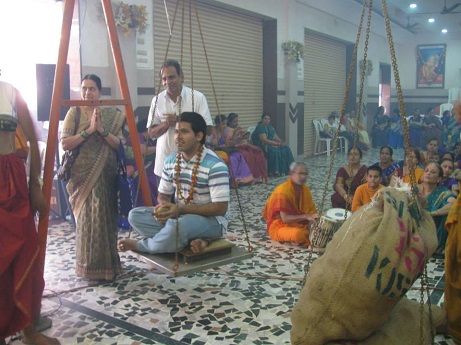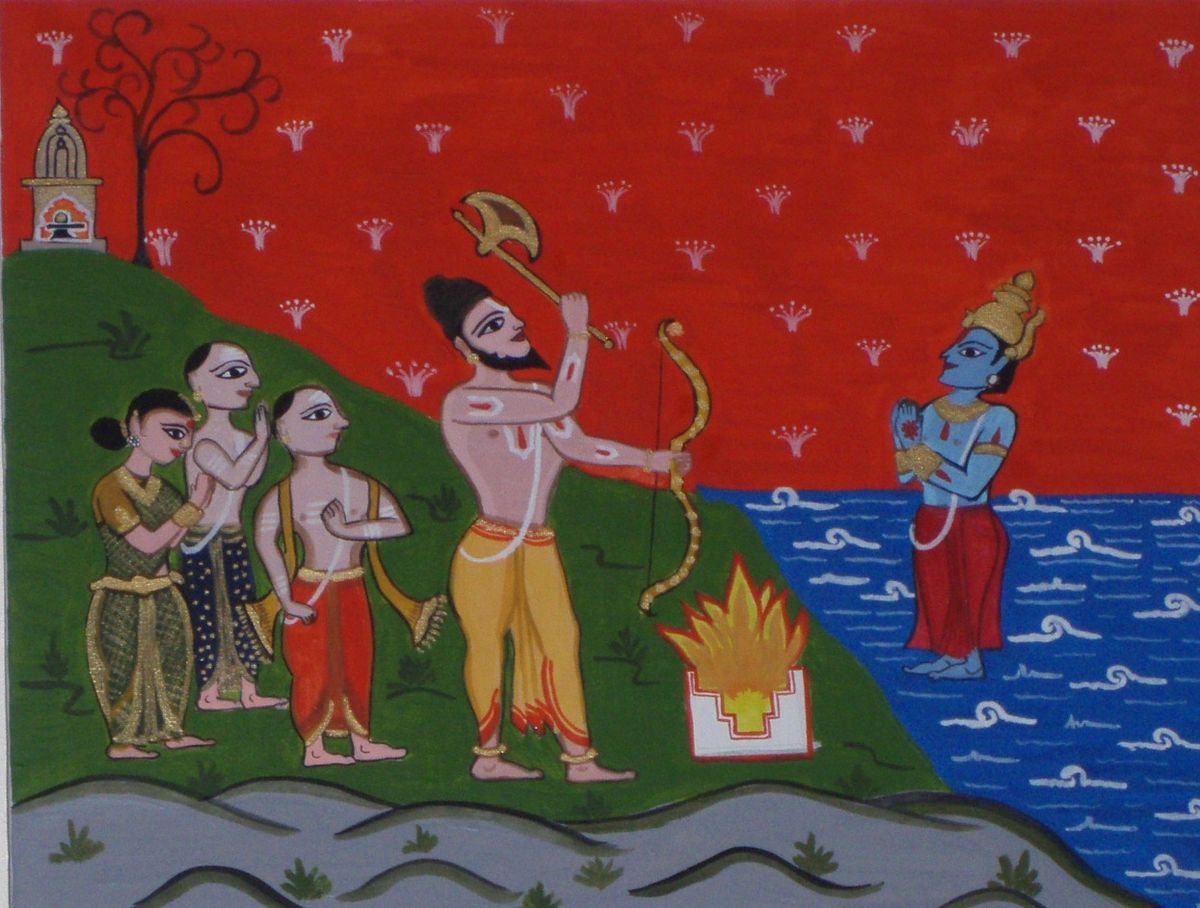Tulabhara, also known as Tula-purusha or Tula-dana, is an ancient Hindu practice where an individual is weighed against a specific commodity, like gold, grain, fruits, or other items, and an equivalent weight of that commodity is offered as a donation. This age-old ritual holds a significant place, listed among the sixteen great gifts in ancient texts, and is observed in various forms across India.
Devotees turn to GOD/Goddess in times of personal challenges, such as health, job, or prosperity, as a last resort or hope. When their wishes are fulfilled over time, they choose to perform this seva as an offering to the revered GOD/Goddess.
In earlier times, the donor followed certain customs, wearing garlands of white flowers and circling the weighing scale with folded hands holding flowers. The donor would step into one pan of the weighing scale, while brahmanas placed commodities of equal weight in the other pan. The donor would also honor brahmanas, as well as other respected individuals, the poor, and the helpless with gifts.
At GSB Mandal Dombivli, we conduct the Tulabhara seva during Maghi Ganapati (Chaturthi of the Magh month) and Sharada Pooja Mahatosav (during Navratri). The commodities involved typically include rice, sugar, and coconuts. If you wish to perform this Seva, please contact the Committee members in advance so that the necessary commodities can be arranged.
Get seva details and booking contact in this link Booking Details













